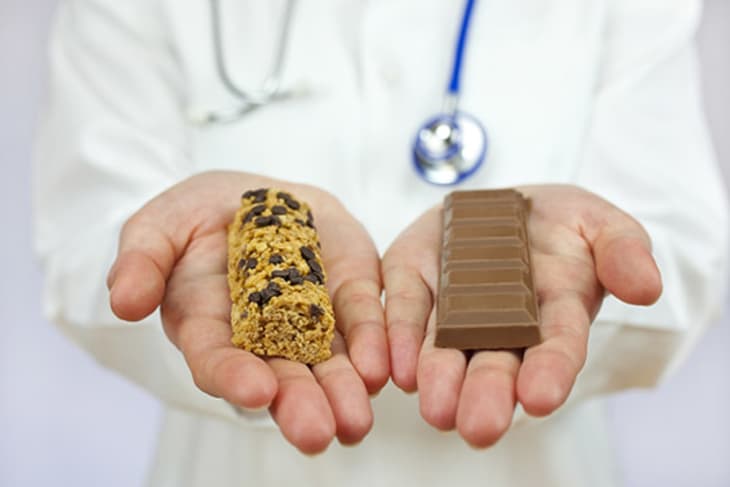Why Do Health Articles So Often Get It Wrong?
Coffee is good for your heart! No, caffeine is bad for you! Eggs are fine, though! No, eating eggs is worse than smoking! Are you exhausted by the daily assault of conflicting health and nutrition information in the media? Skeptical about every new claim? You should be. As one critic puts it, health journalism is now based on “survival of the wrongest,” and there are good reasons why consumers should be wary of what they read.
Inthe Columbia Journalism Review, David H. Freedman, contributing editor at The Atlantic and consulting editor at Johns Hopkins Medicine International, provides some explanations for why even health stories written by respected journalists in major publications often get it wrong. It’s not always a matter of writers misinterpreting information or seeking a splashy story; often, the problem starts with the scientific study itself:
[S]cience reporters — along with most everyone else — tend to confuse the findings of published science research with the closest thing we have to the truth. But as is widely acknowledged among scientists themselves, and especially within medical science, the findings of published studies are beset by a number of problems that tend to make them untrustworthy, or at least render them exaggerated or oversimplified.
If journalists are passing along wrong findings and the media is picking up on the most attention-grabbing of these stories, it is the “wrongest of the wrong” that we see splashed across our homepages. A 2008 study of 500 health-related stories from large newspapers found that about two-thirds of the articles had major flaws, including exaggerating the effects of a disorder and failing to point out possible side effects of a treatment.
And while thinking about an article that uses studies to support an argument that studies are often wrong kind of makes us want to curl up in the fetal position and forget we ever heard the words “health journalism,” we’ll probably just take Freedman’s advice instead: “Look at the preponderance of evidence, and apply common sense liberally.”
It’s a long read, but worth it for anyone who cares about promoting honest health information, not just the latest media fad.
• Read the article: ‘Survival of the wrongest’ at Columbia Journalism Review
What do you think? Are there health news sources you trust, or do you take it all with a grain of (dangerous! no, totally safe!) salt?
(Image: Darren Baker/Shutterstock)
